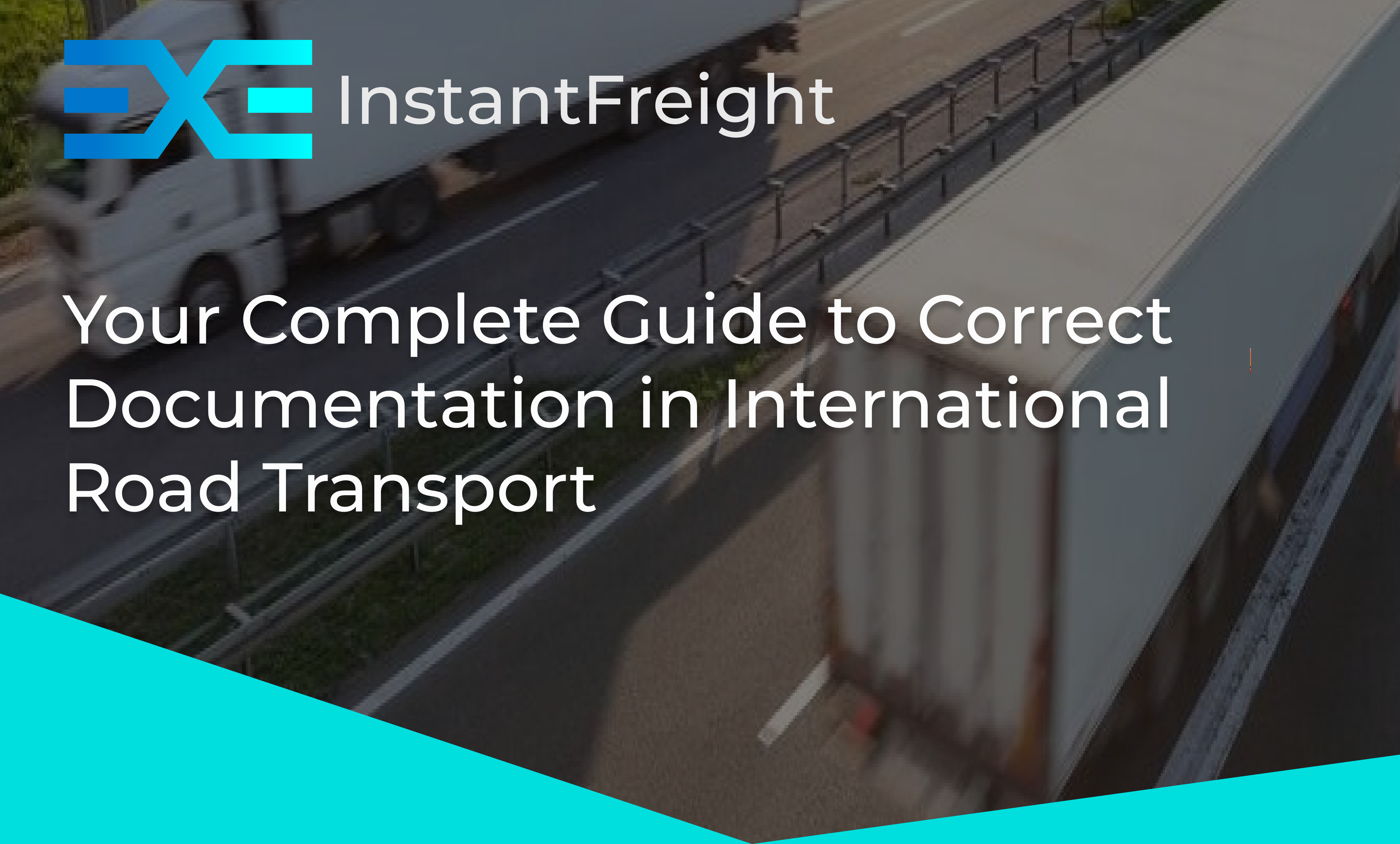International road transport of goods is a cornerstone of global trade. Its success hinges significantly on meticulous document management.
Blog
International road transport of goods is a cornerstone of global trade. Its success hinges significantly on meticulous document management. Having the correct paperwork not only ensures regulatory compliance but also helps prevent delays, penalties, and disputes at borders. In this article, we’ll explain the mandatory documents, their function, and the organisations involved in road transport between countries.
What is International Road Transport?
International road transport refers to the set of logistical operations responsible for moving goods between two or more countries by road or rail, typically using lorries or trailers. It can be part of a multimodal logistics chain. This activity’s regulation will depend on the legislation of the nations involved. In Europe, this type of transport is highly regulated by international conventions such as the CMR Convention, as well as by entities like the European Union, IRU, and national customs authorities.
Essential Documents in International Road Transport
Here are the main documents that must accompany any international road shipment:
Consignment Note – CMR
This is the quintessential document for international road transport of goods. Regulated by the CMR Convention (1956), it establishes the contract conditions between the sender, carrier, and consignee. It includes information on:
- Details of the parties involved
- Description of the goods
- Place of collection and delivery
- Special instructions
- Date and signature
Importance of the Consignment Note – CMR: It serves as proof of the transport contract and establishes legal responsibilities for loss or damage.
Commercial Invoice
This document is issued by the seller to the buyer, specifying:
- Description and quantity of products
- Unit and total value
- Terms of sale (Incoterms)
- Tax and bank details
Importance of the Commercial Invoice: It’s crucial for customs clearance and the calculation of duties and taxes.
Packing List
This details the composition of the cargo: number of packages, gross and net weight, dimensions, and contents. It facilitates inspection, loading, and unloading operations.
Customs Documentation
Depending on the origin and destination, the following may be required:
- SAD (Single Administrative Document): Mandatory for extra-Community imports and exports.
- EORI (Economic Operators Registration and Identification): A mandatory registration number for economic operators in the EU.
- Certificates of Origin: Required by the destination country for the application of preferential tariffs.
- Export/Import Licences or Permits: Especially for restricted goods (weapons, chemicals, etc.).
Transport Permits
The vehicle must have valid authorisations such as:
- Community Licence (EU)
- CEMT Permit (for non-EU European third countries)
- Tachograph and waybill
In addition, the driver must carry:
- Professional Driving Permit (Driver CPC)
- Vehicle documentation
- International Motor Insurance Card (Green Card)
Transport Insurance
While not always mandatory, having goods insurance (international transport insurance) protects the sender or consignee against loss, theft, or damage.
Applicable International Regulations and Conventions
- CMR Convention (1956): Establishes the rules for international road transport between signatory countries.
- TIR Convention: Facilitates the transit of goods across multiple customs borders without intermediate inspection.
- Bilateral and Multilateral Agreements: Regulate transit quotas and authorisations on specific routes.
- European Regulation (Regulation 1072/2009): Harmonises access to the road transport market within the EU.
Consequences of Incomplete Documentation
Not carrying the appropriate documents can lead to:
- Detentions at borders or customs
- Fines and administrative penalties
- Logistical delays and extra costs
- Inability to claim insurance or compensation
Therefore, transport and logistics companies must implement document verification protocols before each operation.
Conclusion
Documentation in international road transport is not just a bureaucratic requirement, but a vital component of the logistical operation. Knowing and properly preparing these documents ensures a smooth flow of goods, prevents legal setbacks, and improves competitiveness in the global market.

